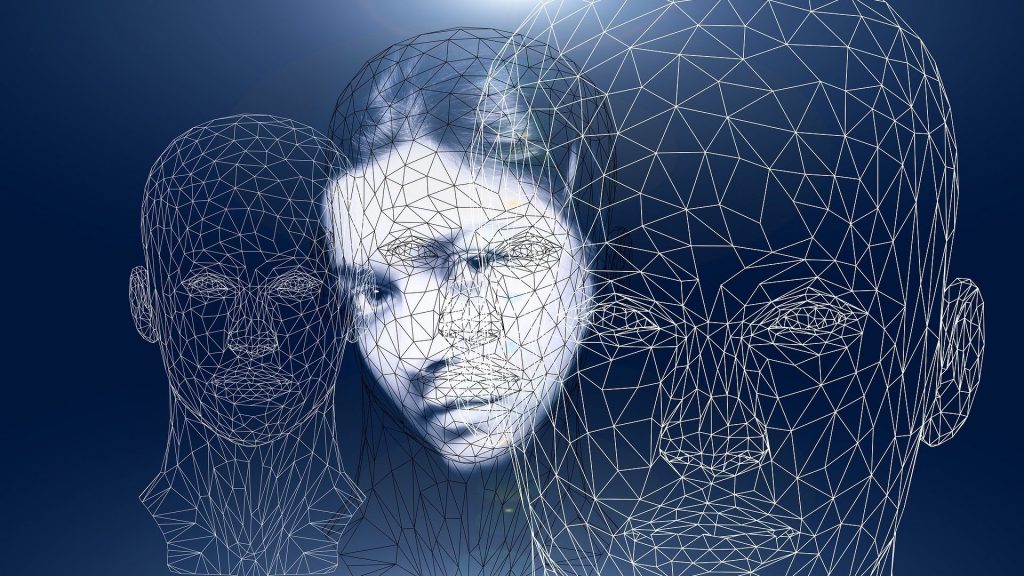
One of the most pressing challenges facing the cyberspace is identity. All online services require some way to check users who they say they are, from citizens accessing government services, workers logging on to company IT systems, or subscribers downloading music or videos. In the digital world, even something as simple as a car key is in fact, a sophisticated digital ID token.
But creating a form of identity that is trusted, cost effective, reliable and scalable is hard. And this is a project being tackled by researchers at The Alan Turing Institute, the UK’s national institute for data science and artificial intelligence.
How can we develop a version of identity that works for governments, businesses and individuals, is easy and cost effective to apply, reliable and works at scale?
And how can robust identity counter the growing threats online?
This are the questions The Alan Turing Institute hopes to answer in its four-year project, Trustworthy digital infrastructure for identity systems.
Security Insights invited the project’s lead, Professor Carsten Maple, to explain more. He spoke to editor Stephen Pritchard
Image by Gerd Altmann from Pixabay



